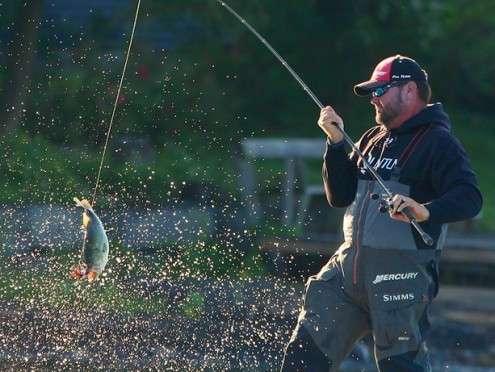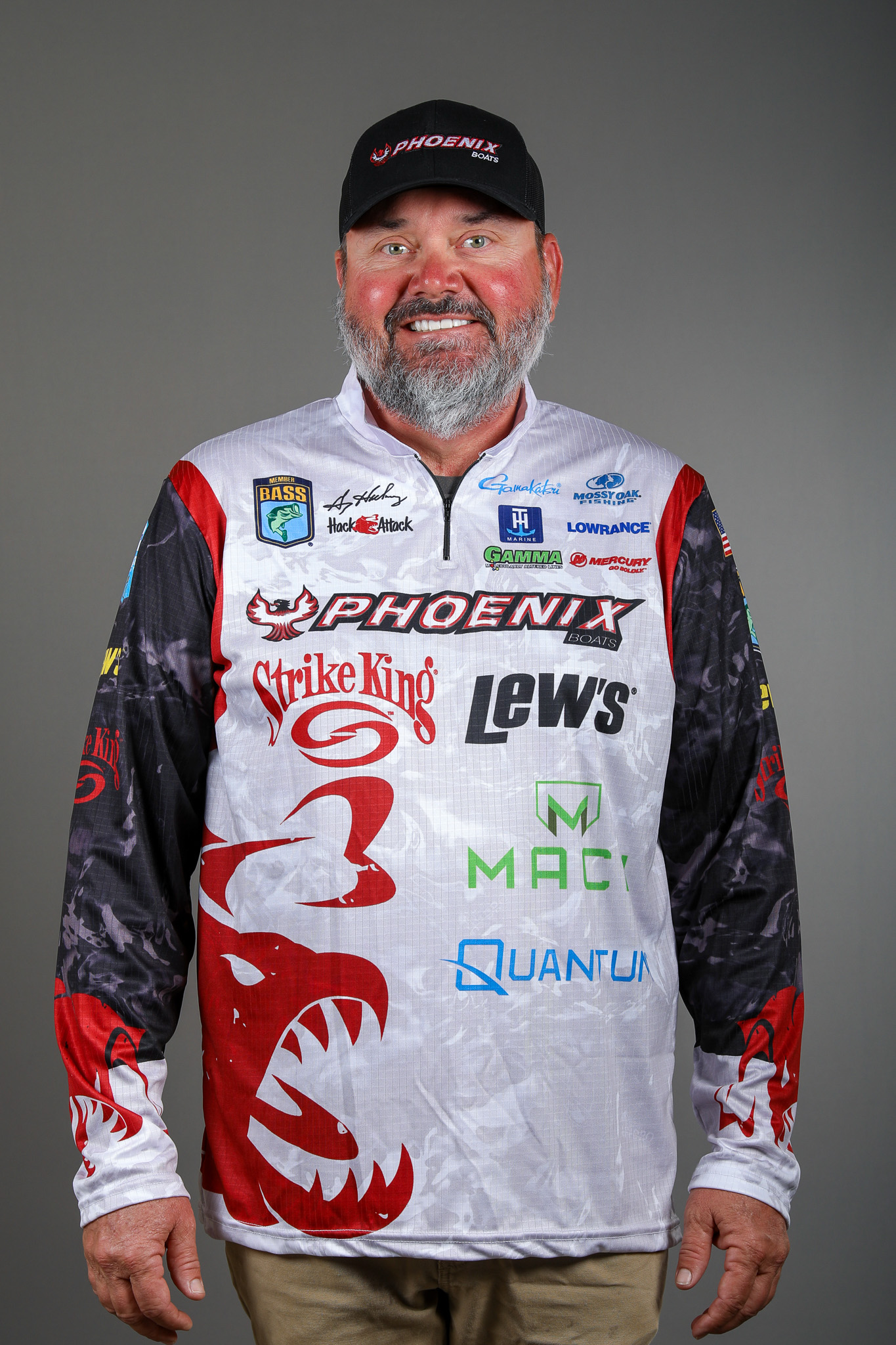
This is the first in a weekly series of columns I’ll be writing. My goal is to help everyone catch more bass regardless of whether you’re a serious tournament angler or a casual recreational guy who fishes mostly on the weekends when the weather’s good.
But, before we get into hardcore tricks and techniques — I promise you there’ll be plenty of them in the coming weeks — we need to think a little about what it is that we (anglers) really do.
Each of us is different in that regard. Some of us support our families by fishing multiday tournaments, some of us fish shorter events for pride and a lot of us just fish for the fun of it. We all have one thing in common, however: We have to find them before we can catch them. That’s why the philosophy of finding fish is so important.
The reason I call this a philosophy rather than a plan, a tactic or a strategy is because most of it comes from your head. It’s a mental attitude, a search for something we barely understand. At its core it’s a way of looking at fishing and how we feel about it.
The mechanics of finding bass has been written about in hundreds of articles. I’m not going to go over breaking a lake down into parts, fishing the water column, being versatile and all that stuff here. You can get that information everywhere. Some of the best is right here on this site and in Bassmaster magazine.
My basic philosophy is that I trust my instincts. I think about the water I’m fishing, the season of the year and the weather, but when all is said and done I trust what my gut tells me about where they’ll be that day.
It’s a product of experience. I have a lot of it. That helps. But don’t denigrate your own experiences or downplay what your gut tells you. Close your eyes for a minute, think things through and make an educated guess as to where they’ll be. Then go fishing. Do it. Trust your instincts.
We all define our top goal differently. For me it means winning fish over a four day period of time. For you it might mean winning fish for one day, two days or just a few keepers so you can have some fun and have something to talk about back home.
The one thing you should never do is confuse what I do as an Elite Series angler with what you’re doing. They’re probably totally different. Know your goals.
And don’t be discouraged if you struggle from time to time. We all do. If there’s one hard and fast rule about fishing it’s that there is no hard and fast rule about fishing. Things change out there for reasons we don’t know or understand. They’re fish.
Here’s a basic outline of what I’m trying to get at:
When I’m looking for largemouth my target area is almost always cover. What type of cover will vary from lake to lake and river to river, but it’ll always be cover. I’m not much interested in water depth, temperature or clarity. I’m interested in cover. Only when I find bass do those other factors come into play. They fine-tune what I’m doing. They don’t define it.
My cover is fished with moving baits like crankbaits and spinnerbaits. I want to find a quick bite if I can, and then move off to somewhere else. Usually I only need one bite — never more than two — to tell me I’ve found bass.
That’s my style, though. I fish four day tournaments. I want to find bass in several places so that I have fish all through the tournament. Ten 3-pound bass in one day do me no good. I need five one day and another five the next day.
That thinking might not apply to you. In fact, it probably doesn’t. If you find a bite on a moving bait you might want to slow down and cover every inch of that spot. That’ll do you for a one day tournament and it’ll certainly do you for a fun fishing day.
Next week we’ll talk about the importance of electronics in this process. They’re absolutely critical. I never turn mine off.





